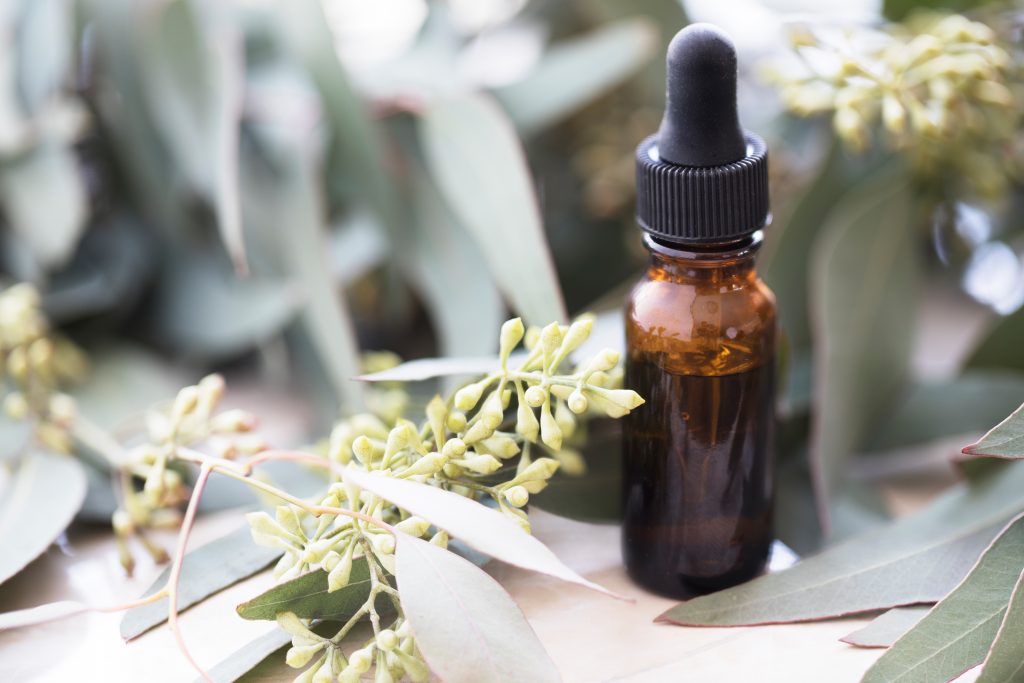Natural Mosquito Repellents
There are over 200 species of mosquitos in the U.S. At best, they’re a nuisance. At worst, they carry devastating diseases like West Nile. And, unfortunately, they are as resourceful as they are industrious. They lay eggs in standing water found in tree holes, old tires, and plant saucers. A single bottlecap of water is a sufficient breeding ground for these pests.
It’s tempting to “nuke” your yard with toxic chemicals to get rid of mosquitos, but there are natural mosquito repellents that will send these pests packing without posing a threat to your health, landscaping, or the wildlife in your yard.

Natural Mosquito-Repelling Landscaping
What you plant in your garden can greatly affect the bugs that fly in for a visit. The following plants have a lot going for them; they’re pretty, aromatic, low-maintenance, and—most importantly—thoroughly hated by mosquitos.
Citronella: This plant is native to tropical climates. It has a strong lemony scent that mosquitos can’t stand—and you might even find it delightful. Citronella prefers warm, humid climates, making it a good choice for those living in North, East, and South Texas. Be sure to plant your citronella in full sun to partial shade in well-draining soil.
Peppermint: This is another plant humans adore and mosquitos abhor. This low-maintenance herb is good for even the most novice gardener. It’s so low-maintenance, in fact, that it can quickly become invasive to your garden—so keep it pruned or sequester it to a planter. For the best results, keep the soil well-drained and rich in organic matter. (Peppermint adds nutrients to soil as it composts.)
Lavender: Mosquitos detest lavender’s calming scent. This is another relatively easy plant to grow, especially in dry, well-draining soil. Lavender is drought-tolerant, so West Texas, this one’s for you! Remember to prune in early spring or after the plant blooms to encourage bushy growth and prevent woody stems.

Natural Mosquito-Repelling Oils
Tell mosquitos to scram with all-natural oils safe for your plants and to smear on your skin.
Tea tree oil: This natural antiseptic is good for both your medicine cabinet and your garden supplies because mosquitos—you guessed it—aren’t a fan of its scent. Dilute tea tree oil with water and use it as a spray. Spritz the areas where people typically congregate in your yard, such as deck chairs.
Lemon eucalyptus: This natural oil is found in some commercial insect repellents. You can dab the oil directly on your skin, focusing especially on areas where your veins are closer to your skin, such as wrists and ankles. Place a drop on your skin to test for an allergic reaction first.

DIY Candles Mosquitos Can’t Stand
All of the plants and natural oils above can be used to make DIY natural mosquito-repellent candles. Making your own candles is a fun craft project—and they make for great holiday gifts! Use a natural wax such as soy, beeswax, or coconut wax and squeeze in a few drops of your preferred oil into the melted mixture. Remember never to leave a candle unattended, and keep it away from dry brush or grass.
Up your garden game and keep pests away from your plants with these natural homemade gardening hacks.
© 2023 Texas Farm Bureau Insurance



